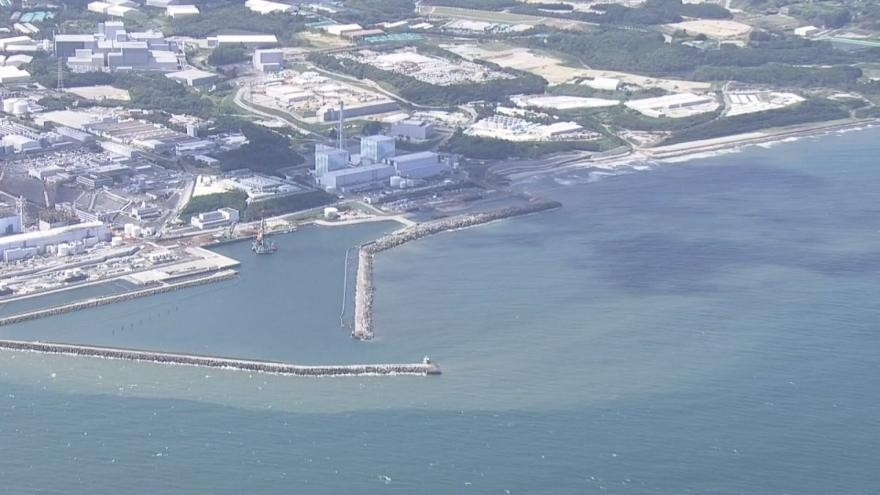Social News
- 홈
- 청대 타임즈
- Social News
| 제목 | [No.232 Social News] Fukushima Polluted Water Discharge, Will It Be All Right? |
|---|---|
| 카테고리 | SocialNews |
Fukushima Polluted Water Discharge, Will It Be All Right?
The Cheongdae Times Senior reporter So-Yeon Kim At 1:03 p.m. on August 24th, Japan began discharging contaminated water from the Fukushima nuclear power plant. It is the first time in human history that contaminated water from a nuclear power plant explosion was poured into the sea. It is highly likely that the discharge of contaminated water will not bring a sharp shock to the extent that it immediately shakes our lives. Until 1993, Britain, the United States, and France had already dumped nuclear waste in the sea, and the former Soviet Union even dumped it in the East Sea. Shortly after the Fukushima nuclear accident in 2011 and for the next two years, some contaminated water containing radioactive materials has already flowed into the sea, but there has been no shocking event yet. The proponents cite this as saying, "It is okay to throw more radioactive waste into the sea." But what is clear is that the visible sea is being destroyed. The Fukushima nuclear power plant contaminated water contains radioactive nuclides such as tritium (tritium), strontium, carbon, and plutonium. It said it would lower the concentration of tritium, a radioactive substance, to 1,500Bq/L, which is 1/40 of Japan's regulatory standards and 1/7 of the drinking water standards set by the World Health Organization. However, the quality standards for tritium treatment vary greatly from country to country. In terms of drinking water, Japan's tritium-treated water quality standard is 60,000 Bq/L, the loosest standard after Australia's 76,103 Bq/L. It's a huge difference from Russia's 7700, the US's 740, and Europe's 100 Bq/L, but the benchmark actually means nothing.
In the case of tritium, since it is a radioactive substance that already exists in its natural state, even if water or food containing tritium is consumed, it is discharged as urine or sweat within 7 to 14 days. However, the problem arises when releasing it into the ocean. Releasing contaminated water to the ocean can contaminate marine products in the sea, and long-term consumption of contaminated marine products can lead to the accumulation of radioactive substances in the body. Radioactive materials accumulate in the body of marine life due to continuous discharge, and when eaten by humans through food chains, internal exposure occurs in the human body and causes enormous damage. The half-life of tritium or cesium, that is, the time it takes for a substance to be halved, is about 30 years and 12 years, respectively. According to domestic and international simulations, cesium will come to Jeju within about one month and East Sea within six months. In Busan, it is estimated to arrive in three to four months. According to the results of studies in various countries, it means that only the prediction period of radioactive materials spreading is different, and somehow, they are contaminated with radioactive materials.
|
|
| 파일 | |
 언론사
언론사